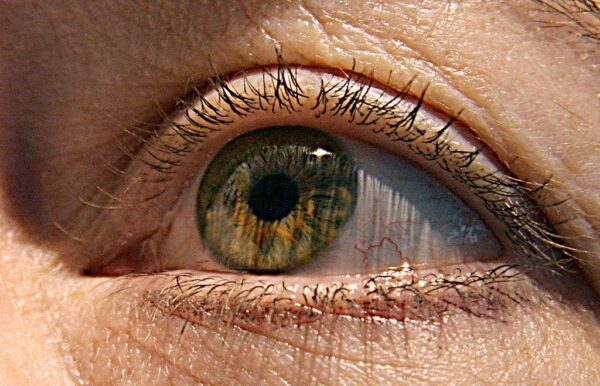
San Francisco-based Spect, a data science and eye care company, announced Monday that it’s teaming up with New York City-based MedArrive to offer in-home retinal screening for patients at high risk for conditions that may cause blindness. The terms of the partnership were not disclosed.
MedArrive works with health plans and providers to offer clinical services in the patient’s home. MedArrive providers will use Spect’s artificial intelligence-enabled telemedicine platform to screen patients for eye diseases such as diabetic retinopathy, glaucoma and age-related macular degeneration.
“Early detection of eye diseases, such as diabetic retinopathy (DR), is critical to prevent the risk of blindness,” said Michael Ricci, co-founder and CEO of Spect, in an email.
The problem, he noted, is that almost 50% of people with diabetes aren’t screened for diabetic retinopathy due to inconvenience and the lack of portability with current approaches.
“If not caught and treated early, it causes strong visual impairment and can deteriorate to blindness, with significant impact on the quality of life, independence and mobility of patients,” Ricci said.
Spect is laser-focused on preventing blindness by making screening for eye disease more accessible, particularly to people who might not otherwise be able to get it done. Practices that work with the company get a small, portable imaging device, which can be used anywhere to screen people for eye disease and have results analyzed in minutes.

A Deep-dive Into Specialty Pharma
A specialty drug is a class of prescription medications used to treat complex, chronic or rare medical conditions. Although this classification was originally intended to define the treatment of rare, also termed “orphan” diseases, affecting fewer than 200,000 people in the US, more recently, specialty drugs have emerged as the cornerstone of treatment for chronic and complex diseases such as cancer, autoimmune conditions, diabetes, hepatitis C, and HIV/AIDS.
“The AI makes this easier for the user by guiding them to the area, and the AI will decide when to capture the image, and ensure that the image is in focus and of the desired areas,” Michael Leung, co-founder of Spect, explained in an email. “It removes all the guesswork away from the user, resulting in faster, more accurate exams with low failure rates. Spect is able to diagnose over 95% of the patients.”
The majority of patients that MedArrive works with are older adults, who are at higher risk for eye diseases that can lead to blindness.
“Diabetes impacts nearly one-third of the U.S. population, and many are affected by its related health complications. Diabetic retinopathy is currently the leading cause of vision loss in American adults, impacting the lives of millions, yet preventable through regular eye check-ups,” said Dan Trigub, co-founder and CEO of MedArrive, said in an email. But a majority of patients skip their annual eye exam because they can’t get an appointment, don’t have at-home care options, and due to a shortage of retinal specialists, Trigub said. He added that Spect’s technology makes treatment more affordable and accessible.
The hospital at home movement and related expansion of healthcare services now being offered to people outside clinical walls has only accelerated during the pandemic. This has extended to the problem of routine screenings and preventive medicie that take place in a traditional office or inpatient setting.
Home vision tests have been available to consumers through companies like Eye-Que, but its technology cannot check for retinopathy or glaucoma and other serious eye conditions. Since January 2020, iCare has been able to market its iCare Home product to help glaucoma patients test their eye pressure at home. But this is more glaucoma management as opposed to preventing screening that Spect and MedArrive intend to facilitate in the home.
Aside from bringing this capability to consumers, MedArrive and Spect expect that they will be able to reach underserved populations.
“Our partnership with MedArrive is very exciting because of MedArrive’s broad reach into the Medicare Advantage and home-bound community,” Ricci said. “These patients would have great difficulty accessing traditional eye care specialists due to lack of availability. Spect is able to leverage MedArrive’s existing network of EMS and care providers, and empower them with the ability to perform eye screenings with a portable platform.”
Photo: KAREN BLEIER/AFP via Getty Images












